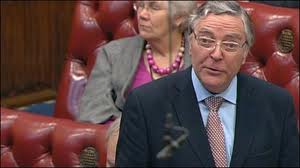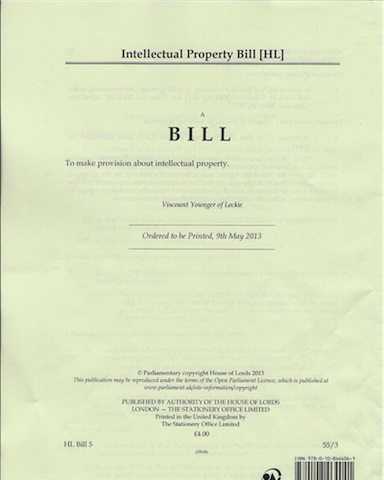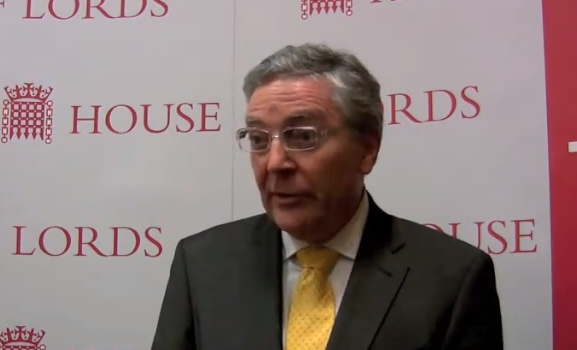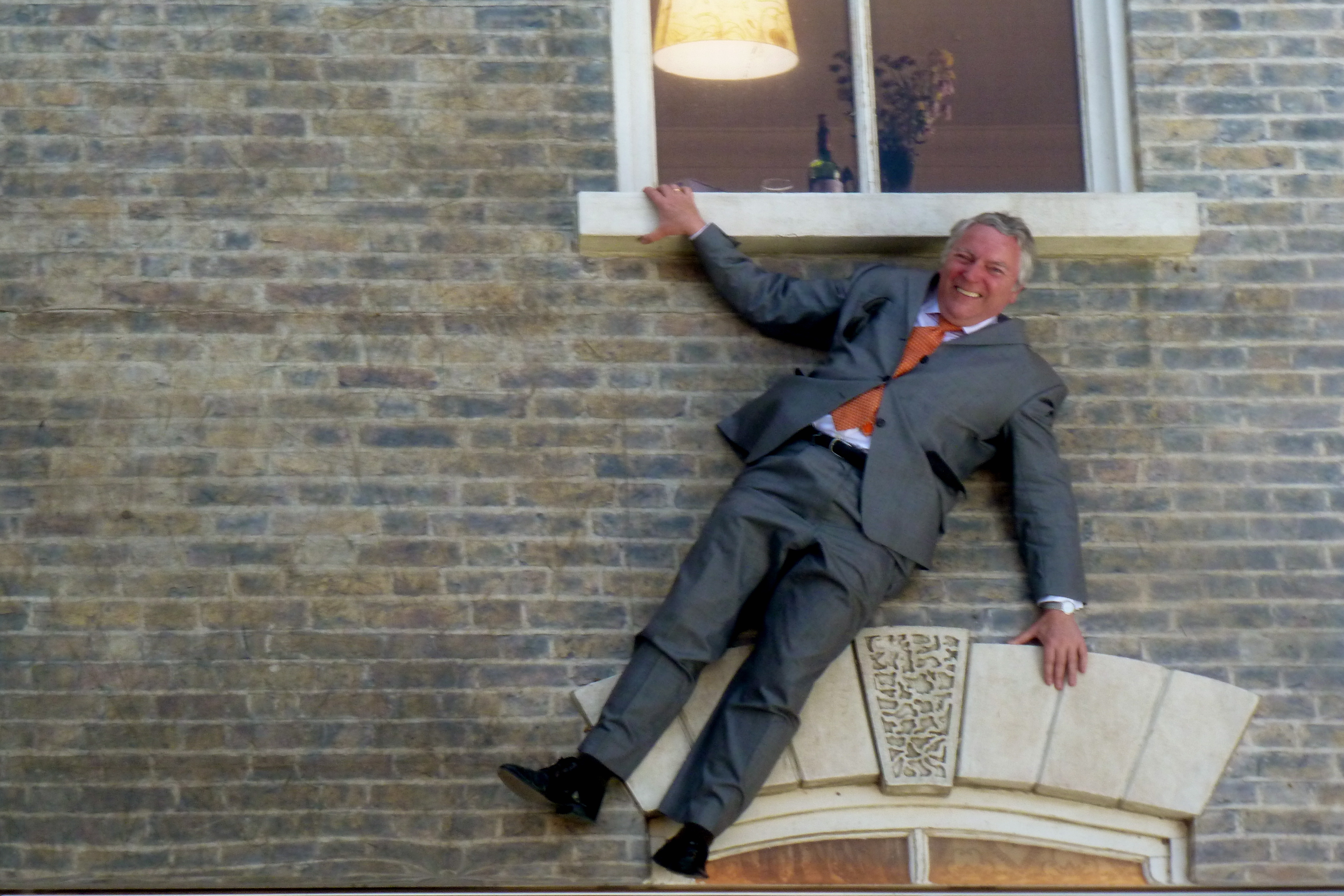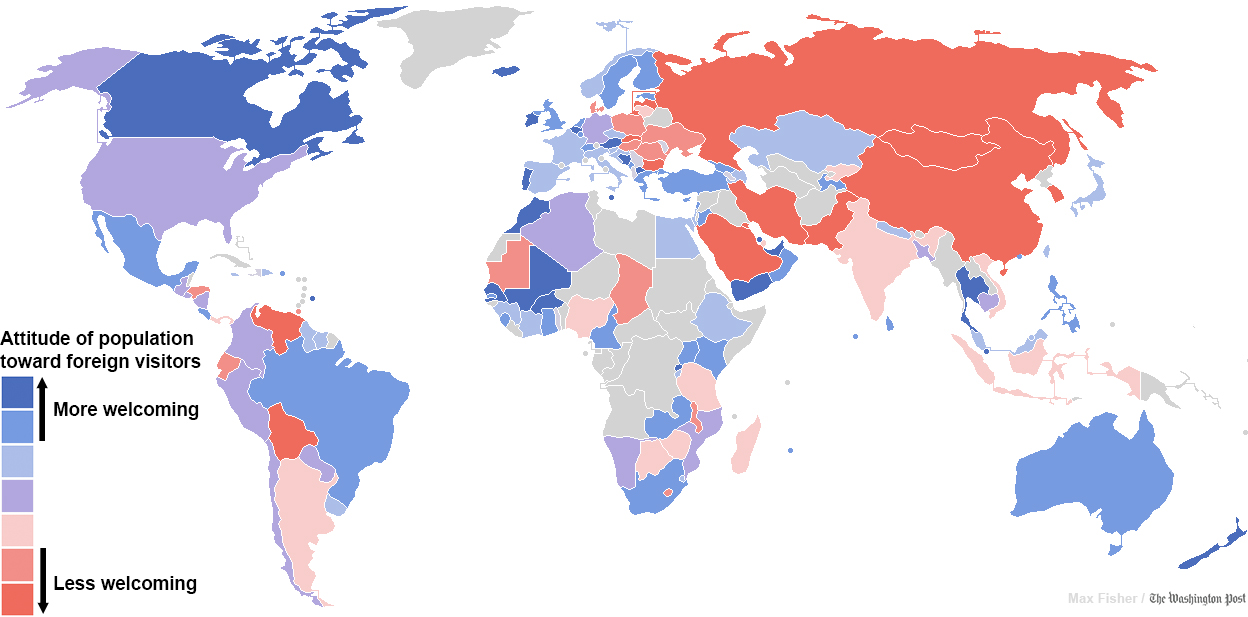Visas
For some time now I and my Lib Dem colleagues have been interrogating government on their approach to visitors and visas, principally as they apply to overseas students but also for tourists and business people who are such an important source of economic benefit to the UK.
It is particularly absurd that students are classified as immigrants when the vast majority are here for the duration of their courses only. We need to make sure that students are not included the government policy of reducing permanent migration or the migration figures
Here is my recent article for the House Magazine (7th November)
Our visa policy in the UK over the past few years seems to have been expressly designed to cause maximum damage to our economy and our reputation.
For example: Students? Let's make uk higher education unattractive for overseas students compared to the US, Canada and Australia and all but[c1] abolish the Post Study Work Route visa. No wonder student applications from many countries outside the EU have fallen away drastically.
Tourists? Let's make the UK an unattractive destination for high spending overseas visitors by making the UK visa more expensive and complicated to obtain than the single Schengen visa, obtainable for 26 other European destinations. No wonder Paris attracts an estimated five times more Chinese visitors than London. We appear to be foregoing something of the order of £ 1.2 bn in income by comparison.
Particularly as regards Chinese tourists and students, visa policy to date appears to have taken no account of the risks and rewards involved. The level of abuse by Chinese students for example has been minimal-after all Chinese post- Graduate students have excellent prospects in China. On the other hand over 100,000 Chinese students bring huge benefits to our higher education institutions and their host towns and cities- this could be as high as 4 or 5 billion per annum
Likewise Chinese tourists mainly visit Europe in groups and spend per head more than any other nationality, delivering some £300 million[c2] annually to the UK economy or £1,600 per head. Quite apart from the immediate benefits, today’s tourists are also often tomorrow’s business visitors and potential investors. Student alumni are a growing and important source of soft power for the UK and cultural bridge for British business.
Finally however it looks as though there is a change of heart in the offing for Chinese visitors.
The Chancellor's recent [c3] announcement in China ( the Home Secretary announced it both last December and in April) of a pilot scheme which should lead to a simplified process for group visas, through closer alignment with Schengen applications, is a welcome move. This would allow Chinese tourists to apply for a UK visa using the Schengen form through approved Chinese travel agents organising group tours.
We need to go further however both in process and promotion for both students and tourists as organisations such as Universities UK, London First and Walpole British Luxury have urged .
First we need to co-locate our visa application centres with selected Schengen countries – especially in respect of collection of biometrics data, soon to be introduced as a requirement by the rest of Europe.
Second The latest improvements need to be extended to the Free Independent Traveller category (FITs), which is a growing segment of the Chinese outbound tourism market.
Third we must make sure that all visa application forms can be completed in the Chinese language, not least as a symbolic gesture of welcome .
Fourth, as Australia did we must re-introduce a post study work route option for internships as the Australians have now done which would be hugely for the benefit of China UK trade.
Finally, although there are signs of a more user friendly approach since Visas & Immigration was spun out of the UK Border Agency earlier this year, we need to alter the perception that overseas students are not welcome in the UK. We need a change of rhetoric starting at the top. Inclusion of students in the net migration figures sends out all the wrong signals. We know well that students really are temporary migrants. The Home Office's own evidence shows that of those students who entered in 2006 only 1% had settled permanently by 2011. The sooner the Government sees sense and excludes students from the figures the better it will be for the health of our Higher Education Sector.
Here is my speech in the Lords in the 6th June Debate on Global Migration and Mobility
http://www.publications.parliament.uk/pa/ld201314/ldhansrd/text/130606-0003.htm#13060664000083
Here is some of my past activity on the subject:
25th April 2013
Lord Clement-Jones: To ask Her Majesty's Government whether they have assessed the economic impact on the United Kingdom tourism industry of new visa restrictions for visitors from Brazil.
See the reply and debate here: http://www.publications.parliament.uk/pa/ld201213/ldhansrd/text/130425-0001.htm
25 November 2011
Lord Clement-Jones what evaluation they have made of the impact of the new student visa rules on the intake of overseas students in United Kingdom universities for the academic year 2011-12.
see the reply and debate here:
http://www.publications.parliament.uk/pa/ld201011/ldhansrd/text/111115-0001.htm
16th February 2011
Lord Clement-Jones: To ask Her Majesty's Government when they expect to make a decision on the criteria for granting tier 1 post-study work visas, following the recent consultation paper.
http://www.publications.parliament.uk/pa/ld201011/ldhansrd/text/110216-0001.htm
There have been full length debates on visas in which I have participated:
Visiting Performers:10th March 2011
http://www.publications.parliament.uk/pa/ld201011/ldhansrd/text/110310-0002.htm
Student Visas: 7th September 2011
http://www.theyworkforyou.com/lords/?gid=2011-09-07a.352.0
I signed an open letter with other business people in the Sunday Times in July last year:
http://www.cihe.co.uk/foreign-students-key-to-uk-business/
Here's a piece I wrote last year year when the new rules for overseas students came in:
http://www.westminster-briefing.com/news-detail/newsarticle/student-visa-system-is-self-defeating/
Intellectual Property Bill
The Intellectual Property bill had its Second Reading on 22nd May. Whilst most of it's provisions are welcome there are a number of omissions that we argued should be corrected during the passage of the Bill through the House of Lords, in particular to align criminal offences for registered designs with those of unregistered design, to provide a remedy for lookalike products which mislead the consumer and to align criminal penalties for digital and physical copyright infringement.Read more
The Independent has launched a Christmas campaign with Space for Giants to raise funds for its vital anti poaching work.
This could be transformational both in Northern Kenya and other parts of Africa where the elephant is under major threat from ivory poachers. See this editorial from the Independent
Amol Rajan: The Independent : Saturday 30 November 2013
We need your help to protect elephants from the ivory trade
This newspaper shall be raising money to help combat that trade, and promote conservation in Africa
Last night, in the gilded surroundings of the Attlee Room in the House of Lords, we hosted a gathering in aid of our Christmas campaign, which this year runs in conjunction with a wonderful charity called Space for Giants, which does extraordinary work in protecting elephants threatened by the ivory trade.
I should say that I have a particular fondness for elephants, having spent a little time with them in India, the country of my birth. For Hindus – even lapsed ones – Ganesha, with an elephant head, is the god of knowledge. These deeply intelligent mammals have come under constant attack in Africa. In 2011, more African elephants were killed than in any other year.
This newspaper shall be raising money to help combat that trade, and promote conservation in Africa. So there’ll be plenty of fascinating campaign coverage next week.
Twitter: @amolrajan
Lord C-J checks progress on the Public Health Responsibility deal
The Public health responsibility deal was a deal agreed in 2011 between government and industry designed to achieve reductions in alcohol abuse, obesity and other public health problems. On 27th june I initiated a debate to get an update from the government on the results achieved and plans for the future.
I emphasized however that I am in favour of voluntary action where this was seen to be effective.
“I know I am not alone in preferring to see
http://www.publications.parliament.uk/pa/ld201314/ldhansrd/text/130627-gc0001.htm#13062764000170
Triumph for Southwark Tigers!
Astonishly Southwark Tigers Under 13's recently beat Old Alleynians Under 13's by a hefty margin. What a triumph for Coach Maggie Hammond, all round inspiration Vernon Neve-Dunn and all at the Tigers!
Queen's Speech Shows the Coalition has not run out of steam
There has been been much talk of swivel eyed loons these past weeks. The Tories are back into the obsession with Europe that brought down the Major government in1997.
Cameron thought that by enshrining the right to a referendum in legislation if any further powers were sought by the EU that he'd helped neuter the issue.
Sadly UKIP's success in achieving 25% of the vote in the recent local government elections and in standing at only 2% behind the Conservatives in national opinion polls has created panic among his own ranks.
All the mainstream parties it must be said under-performed in the local elections, although the Lib Dems can take comfort from a solid performance in their MP held seats.
It is not easy to interpret UKIP's success. Is it really based on a desite to exit the EU or cut back on immigration or is a desire to turn the clock back to 1955?
Where does it all leave us? Next year we have the Euro-elections when UKIP are bound to do well when the electorate are not faced with electing a government and there will only be a year to go before the General Election.
Disunity is the cardinal; sin of politics. If the Tories continue on the current track their lack of unity will lead to a much poor showing in the General Election. Labour have a very difficult in achieving a swing sufficient to win outright. With UKIP still unlikely to take seats that leaves a new coalition but one between Labour and the Lib Dems on the cards.
The irony is that this Queen's speech shows an unusual head of steam for a Government in its fourth year. Peter Oborne the Telegraph columnist, not known for his sympathy towards the coalition described the legislative programme unveiled as "brilliant".
With a Care Bill capping care coasts for the first time, a Pensions Bill introducing the single tier pension and the Children and Families Bill carried over which reforms SEN provision more radically than ever before, many of us agree.
All we need are some green shoots of economic recovery and then Lib Dems at least can look forward with some confidence towards the General Election.
Busking under threat in Camden
See the campaigns section and add your voice to those who want to reverse their perverse decision to insist on a licence from all buskers!
End of Term?
This is how many of us felt at the end of the current term in the Lords!
Actually this is me taking part in Dalston House an installation by Argentine artist Leandro Erlich, part of the Beyond Barbican programme.
It was in Ashwin Street near Dalston Junction Overground, and as they say resembles "a theatre set, the detailed facade of a Victorian terraced house – recalling those that once stood on the street – lies horizontally on the ground with mirrors positioned overhead. The reflections of visitors give the impression they are standing on, suspended from, or scaling the building vertically."
40 maps that explain the world
See the the fascinating set of maps which were recently published in the Washington Post. They give unexpected perspectives on some fascinating topics.
http://www.washingtonpost.com/blogs/worldviews/wp/2013/08/12/40-maps-that-explain-the-world/
Rock and Film the House 2014 are launched!
Along with rock stars, Brian May and Bruce Dickinson and distinguished film producer Lord Putnam Mike Weatherley MP launched the fourth Rock the House and the third Film the House together this week at a party on the Commons terrace. The former is designed to raise awareness of intellectual property rights and live music through a nation-wide competition to find the best unsigned talent the country has to offer and the latter is to celebrate the creative work of UK film makers. 450 MPs took part in Rock the House alone last year.

